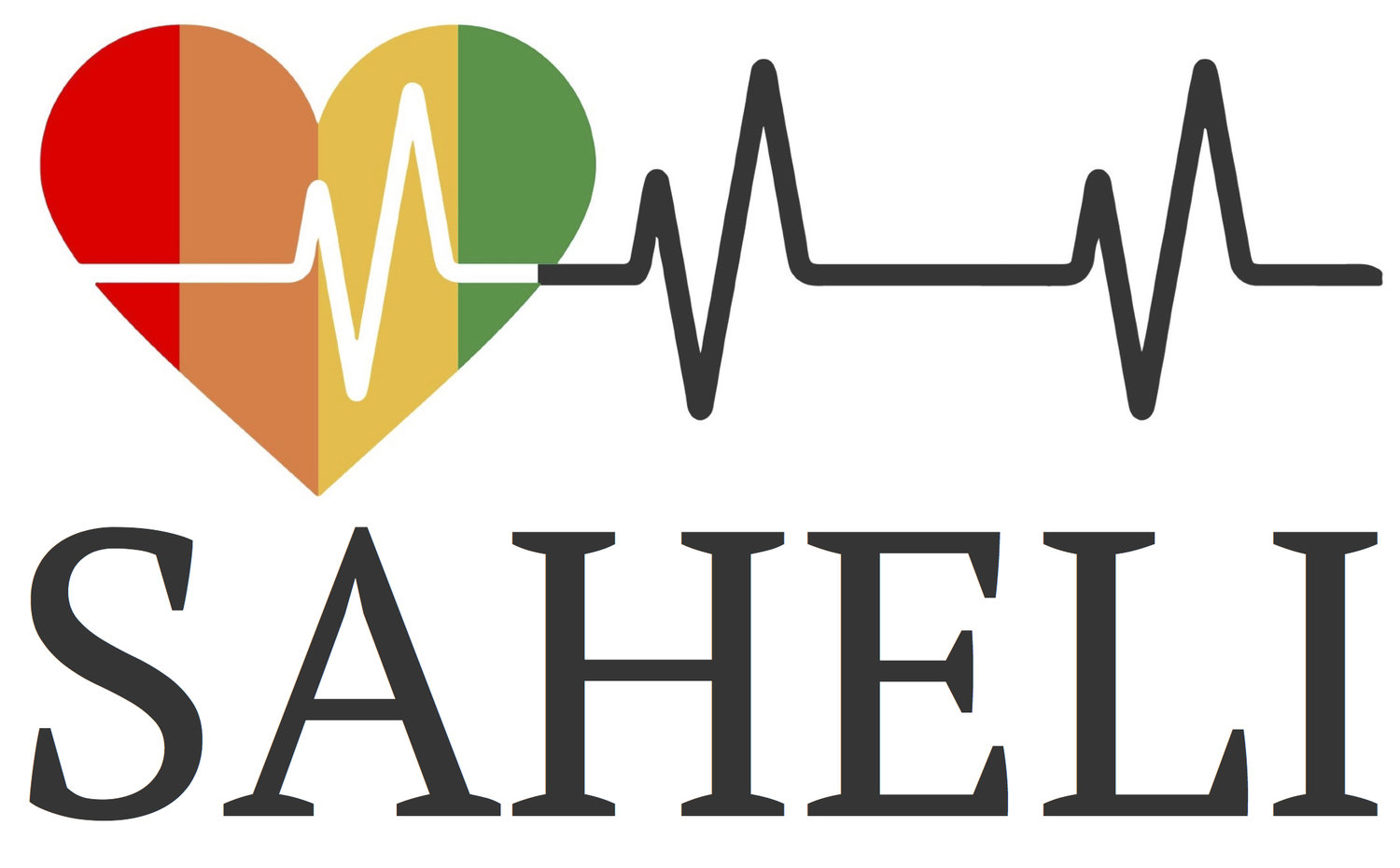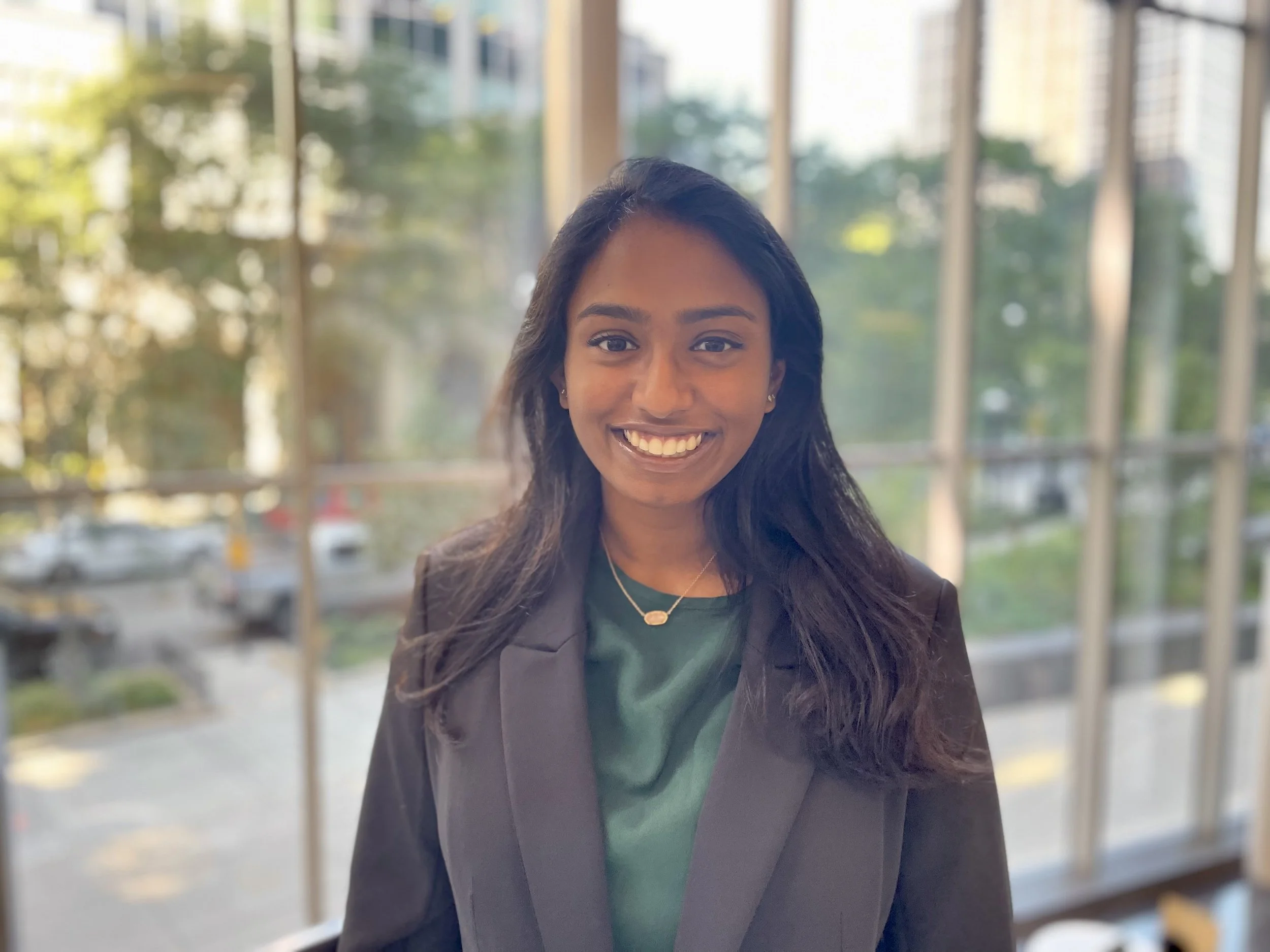Melissa graduated from the University of Iowa with a BS in Biochemistry and a minor in Spanish and received her MD from University of Iowa’s Carver College of Medicine.
Melissa Palma
What is the most valuable piece of advice you have received from a mentor?
Public health is a very diverse field, and your opportunities are only as limited as your passions. As physicians, we have entered a profession rooted in service to alleviate suffering but our unique population-based skills in public health allow us to more effectively address and advocate for community health. Although we all have aspirational career goals, you don’t have to do them all now or all at once. It’s a natural cycle to have different chapters in our careers, whether it be more clinical- or public health-focused. Being open to opportunity, and simultaneously sharing opportunities with others, is both a practice and a skill.
Milkie graduated from Duke University with a BA in History and Cultural Anthropology and from University of Chicago with a MA in Social Sciences. Milkie graduated with her PhD from Emory University.
Milkie VU
What excites you about your research field?
I moved from Vietnam to the U.S. during my teenage years and experienced first-hand what it meant to be an immigrant in the U.S. and to assume the “Asian American” identity. My research therefore means a lot to me personally. In addition, much of my research is community-engaged, and I enjoy spending time in the field working with communities and building relationships and connections with community-based organizations to advance health equity. I have been fortunate to have several mentors who are very kind and compassionate and know how to maintain a great work-life balance. These are not necessarily “pieces of advice,” but seeing them as “models” exemplifying these qualities has been very important to me.
Nilay graduated with an MD and MPH from Northwestern University and is an Assistant Professor of Cardiology and Preventive Medicine.
Nilay Shah
What are two important take-home points from your research?
The first important point is that the Asian American community is not a monolith. There is a wide range of diversity in behavior, cultural norms, socioeconomic position, and many other factors, that all contribute to heterogeneity in health status within the Asian American population that must be recognized. The second point is that strategies for heart disease prevention must be implemented early in life, starting in childhood through young adulthood. Beginning to focus on heart disease prevention later misses an important window to maintain health across the lifespan.
Olutobi has a background in Sociology from the University of Ibadan (Nigeria) and postgraduate training (MPhil and PhD) in Population Studies at the Regional Institute for Population Studies, University of Ghana (Ghana).
Olutobi Sanuade
What are your current research interests?
My research interests focus on cardiovascular disease intervention, experience, care, and health systems response in low-and middle-income countries. I am currently working on implementation research projects on Hypertension Treatment in Nigeria (HTN) project as well as the Nigeria national sodium reduction program. Also, I am leading a sub-project which focuses on testing the effectiveness and implementation of health coaching and home blood pressure (BP) monitoring on hypertension control among adult patients with uncontrolled BP in primary care settings in Nigeria.
Emily is a second-year undergraduate student at Northwestern University, majoring in Biological Sciences and Science in Human Culture. Emily is also on the pre-med track and a part of the Honors Program in Medical Education (HPME).
Emily Lam
How does your work support community priorities and health equity?
My research is about how social networks affect cardiovascular health in the Asian American population, which experiences considerable cardiovascular disease disparities. My work advances health equity by aiming to find ways, such as interventions that draw on social networks, to alleviate this disease burden.
Ashwin has a BS in Biochemistry and a BS in Neurobiology and Physiology from Purdue University. Ashwin is currently an MD student in my third year at Northwestern University Feinberg School of Medicine.
Havisha is a first year MD/MPH student at the Feinberg School of Medicine and studied Computational Biology & Genomics and Healthcare Management at Washington University in St. Louis.
Havisha Pedamallu
What are your current research interests?
I am passionate about cardiovascular disease prevention in the South Asian community. Specifically, I am interested in exploring how cultural norms affect peoples’ engagement in health promotion efforts and creating community-based culturally competent health programs.
ASHWIN SUNDERRAJ
What excites you about your research field?
As an immigrant myself, I grew up watching friends and family members develop radically different ideas of what it meant to be South Asian. This field interests me because it’s constantly changing; as socioeconomic conditions, the political landscape, and technology change, the way people develop identity does as well.
Jasnoor Kaur is currently a third-year student at Michigan State University, double-majoring in neuroscience and social relations and policy on the pre-medical track. She is also a 2024 summer research assistant for Dr. Kandula’s team at Northwestern Feinberg School of Medicine.
Jasnoor Kaur
What is the most valuable piece of advice you have received from a mentor?
One of the most impactful pieces of advice I received from my mentor was about mastering the art of prioritization. Dr. Kandula shared a valuable metaphor with me: treat your tasks like glass balls and plastic balls. It's crucial to prioritize the glass balls—tasks that are critical and must be handled carefully—while recognizing that it's acceptable to occasionally drop the plastic balls, tasks that are less crucial and can be revisited later. This advice has been instrumental in both relieving my stress and helping me manage my workload.








